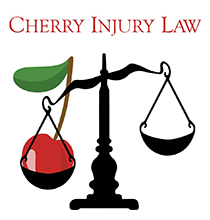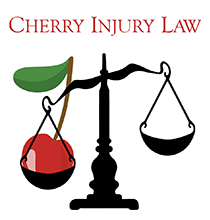NTSB recommends lowering DUI limits to 0.05, will Pennsylvania listen?
Recently, the National Transportation Safety Board (NTSB) issued a recommendation for states to reduce drunk driving blood-alcohol-content (BAC) levels to 0.05 percent – a move touted as a way to reduce fatal drunk driving accidents. In fact, in the report issued just last month by the NTSB, it was noted that the risk of a car accident is roughly cut it half for a driver with a BAC of 0.05 percent when compared to a driver with a BAC of 0.08 percent – which is the current blood-alcohol limit for drivers in Pennsylvania.
However, it is important to note that the opinions of the NTSB are merely recommendations. Ultimately, it is left up to each individual state to pass the laws necessary to reduce DUI limits to 0.05 percent. But, if history is any indicator, Pennsylvania may be slow to implement the recent NTSB recommendations.
For instance, according to an article in USA today, 1982 was the last time the NTSB issued recommendations calling for a reduction in drunk driving limits – from 0.10 percent to 0.08 percent. However, it took Pennsylvania lawmakers over 20 years to implement these particular recommendations. In fact, it wasn’t until September of 2003 that the law reducing drunk driving BAC levels to 0.08 percent was signed in Pennsylvania.
Moreover, regardless of whether or not these recent recommendations are ever codified into other states’ laws, many proponents of the change are expecting vocal opposition in Pennsylvania.
Legal liability for drunk driving accidents in Pennsylvania
As mentioned above, the blood-alcohol limit for drunk driving under current Pennsylvania law is 0.08 percent. Any driver apprehending at, or above, this limit can face severe criminal penalties for his or her actions.
In addition to criminal penalties, if a drunk driver causes a car accident and injures a third party, the intoxicated driver may also be liable for damages relating to the third party’s injuries in Pennsylvania civil court. These damages may include not only medical expenses and lost wages, but also compensation for pain and suffering.
Interestingly, if the drunk driver in question initially became intoxicated after being over served alcohol at a bar or restaurant – for instance, if the driver was served alcohol even though he or she was “visibly intoxicated” – the bar or restaurant may also be liable for any injuries inflicted upon third parties in car accidents caused by the drunk driver. This type of liability is common referred to as Dram Shop liability in Pennsylvania.
However, establishing Dram Shop liability can be a complex process in Pennsylvania. Consequently, if you or a loved one has been injured by a drunk driver who was likely over served at a bar, it is often best to seek the counsel of an experienced drunk driving accident attorney. A knowledgeable attorney can review the facts of your case and help determine who may or may not be responsible for your injuries.








 Cherry Injury Law RSS Feed
Cherry Injury Law RSS Feed



